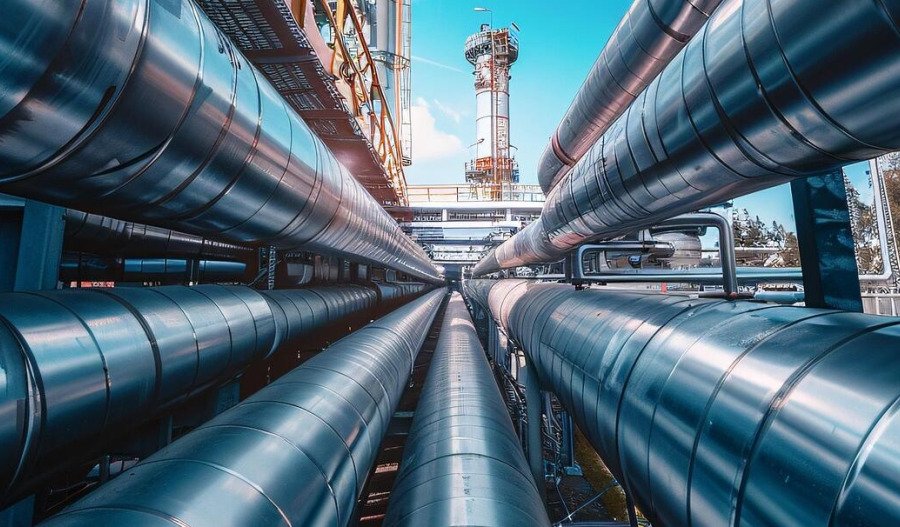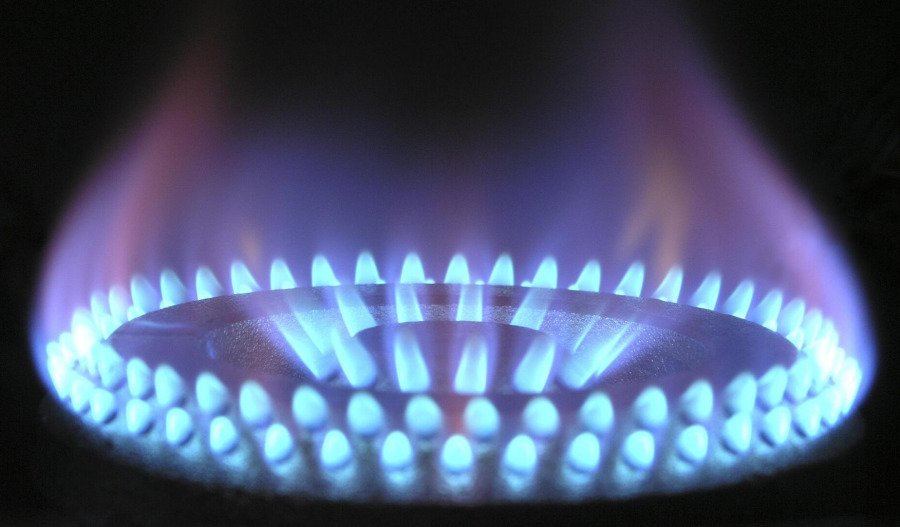British oil and gas supplier Shell has joined a growing chorus of Australian LNG industry players pushing back against the Coalition’s gas policy requiring 20% of supplies destined for exports to be kept for the domestic market.
The Australian LNG industry believes it’s being used by the Coalition to fight an election with the Albanese government over energy prices and the cost of living issues.
At a major gas conference earlier this week, Shell Australia’s chair Cecile Wake warned Opposition leader Peter Dutton that his plan to impose export controls on QLD’s liquefied gas producers would fail to boost supplies of the fuel.
Stunt investment growth
Wake also argues that the Coalition’s east-coast gas reservation plan to keep more supplies onshore will ultimately stunt investment in new projects.
“If there’s need for a conversation about more commitments to the domestic market, let’s do so with proper consultation and design a system where all participants and states contribute their share and that protects rather than erodes the investment case for Australian gas,” said Wake.
“Rather than redistributing an ever-diminishing pie, let’s make the pie bigger,” added Wake whose company, along with Origin, plus global players like ConocoPhillips, Sinopec and Tokyo Gas will be the biggest losers from the Coalition’s plans.
Worsening the shortfall
While the Coalition expects its proposed domestic gas-reserve scheme to alleviate worsening threat of gas shortfalls emerging in Victoria and NSW, Shell is concerned that it could unceremoniously backfire.
The worst-case scenario, adds Wake is that the Coalition's plans risk worsening the shortfall by disrupting the market and making it more difficult for companies to greenlight spending on crucial new supply projects.
“The fact that the easiest lever the federal government now has to solve the southern gas problem is export controls is not a reason to pull that lever harder,” Wake told the Australian Domestic Gas Outlook forum in Sydney.
“This does not increase supply – it simply redistributes it.”
Santos to win big
While Shell, majority owner in the QLD Curtis LNG (QCLNG) and Origin (ASX: ORG) - which owns 30% of Australian Pacific LNG facility - will be the biggest losers from the domestic gas-reserve scheme, Santos (ASX: STO) stands to benefit the most.
As the owner of QLD’s third LNG facility, Gladstone LNG, Santos buys around 150PJ of gas from the export market to meet contracted export volumes.
To put this volume in context, it represents around 80% of the amount of gas Victoria uses annually. By comparison, Shell buys up to 30% of its GLNG demands from the domestic market.
While around 15% of Shell’s gas is sold domestically to Australian consumers on the east-coast, the remainder is converted into super-chilled LNG and sold on long-term export contracts to customers in Asia.
However, under Dutton’s domestic gas-reserve scheme, Sell and Origin would be required to hold back enough supply to satisfy an additional 20% of the eastern seaboards' demand.
Cheaper pricing
Dutton expects his domestic gas-reserve scheme to deliver enough gas locally to reduce the wholesale price of $14 a gigajoule to $10.
However, this price reduction appears ambitious given that the Australian Energy Market Operator believes gas produced at new projects typically cost between $9.20 and $12.50 a gigajoule at the wellhead, before other significant costs are added.
The market is still waiting for greater transparency into how the proposed domestic gas-reserve scheme will work, especially given the limited storage options and pipeline capacity to transport the gas thousands of kilometres during winter when it’s needed most.
Stop supporting LNG import terminals
Meanwhile, APA group – the country’s largest gas pipeline owner and operator – argues that while Australia can meet domestic market LNG demand, it requires new supply sources and a government that stops supporting LNG import terminals.
“For large energy users, talks of subsidies of government support for LNG import terminals can make it challenging for them to commit to the long-term contracts that are necessary to support new basin developments,’ said APA’s CEO Adam Watson.
“To avoid this, governments need to take a longer-term, stable approach to domestic gas development, to support investment in new gas supply and transport infrastructure.”



